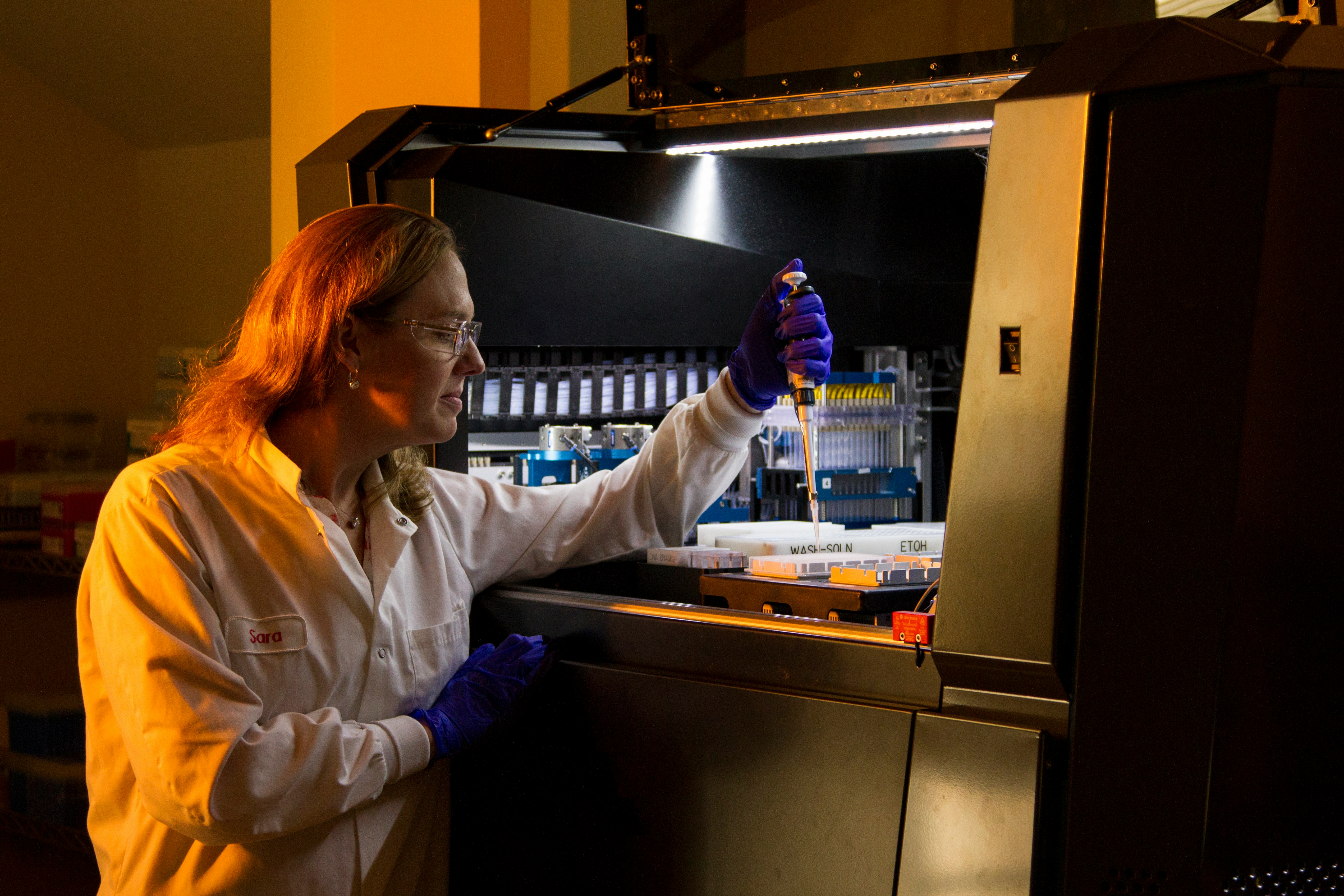It’s no exaggeration to say that biotechnology is arguably the science that’s most relevant to human existence and progression. Many of our most essential products and technological advancements come from the biotech industry and it’s one of the few industries with the ability to dictate its own growth.
Whether you want to work with a drug company or startup or develop renewable fuels, you can do that and more with a degree in biotechnology. So, how exactly does one become a biotechnologist? Read on to learn how and get a few ideas about what you can do with a degree in that field.
Choose a degree program.
Within the biotechnology field, there’s a plethora of fulfilling career paths and opportunities. There’s a significant chance that you could end up landing a position in a discipline other than the one in which you choose to specialize, but that’s just an opportunity to expand your horizons.
The certificate program is ideal for people who don’t intend to major in biotechnology but still want to have a basic understanding of that field of science. You’ll learn the basics of biotech manufacturing, research, and biological computation.
An associate’s degree usually takes around two years to earn and, although it allows you to get into the biotechnology field quicker, it will be at the entry-level. Typical careers in this field are lab techs and research assistants.
Beyond that, there are not many schools that offer bachelor’s degrees in biotechnology, as you’re really expected to major in chemistry or biology, and then go on to achieve either your master’s degree or Ph.D. in biotechnology or biochemistry. However, you can still get your bachelor’s degree in biotechnology and use it as a springboard into various ventures in that industry.
If you want to become a researcher, drug designer, or consultant to large pharmaceutical companies on major projects, then you’ll need to attain a Ph.D. As part of this degree program, you’ll become a leader and demonstrate the ability to actively contribute to the growing knowledge in biotech.
Be open-minded when choosing a career path.

The biotechnology industry is vast and encompasses diverse opportunities ranging from creating new synthetic fabrics to developing treatments for chronic diseases. Many people get their bachelor’s degree in biology and do their post-grad work in a totally unrelated discipline.
Vivek Ramaswamy is a prime example of someone who did just that and went on to become very successful in biotechnology. After graduating summa cum laudefrom Harvard with a bachelor’s in biology, he went on to complete a Juris Doctor degree from Yale Law School. He combined his expertise in the two fields to become a prominent drug developer and founder of Roivant Sciences, a pharmaceutical company that has also given birth to various other biotech subsidiaries.
One of the most crucial keys to success in the biotechnology industry is to not limit yourself. The more open you are to different opportunities than the higher your ceiling will be. Who knows? You may be the next big-time founder of a promising drug company developing new medicines.
Publish breakthrough material.
Throughout the process of getting your Ph.D., it’s important that you establish yourself as a leader in your chosen discipline. Your career potential depends largely on you publishing groundbreaking content in the biotech field, which can be a daunting task.
On the upside, as part of your Ph.D. and post-doctoral work, you will be at the forefront of research in the biotech industry. Becoming a published author is a requirement for getting your Ph.D., and it’s crucial that you continue to add engaging content to your portfolio throughout your career.






